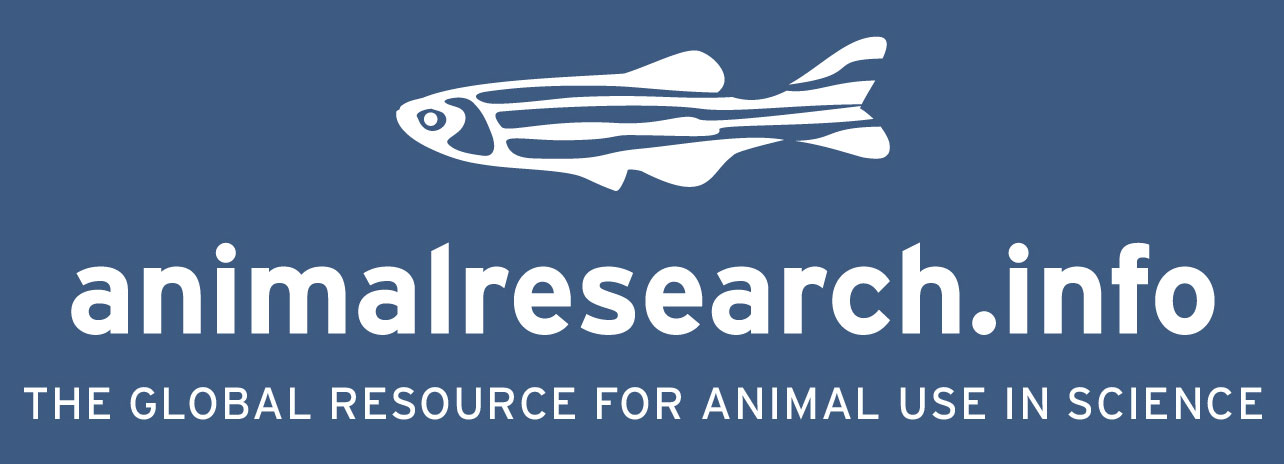Heart disorders
This describes many different conditions affecting the heart. Approximately 600,000 people die from heart disease in the United States every year, according to the CDC. It’s a leading cause of death in both men and women.
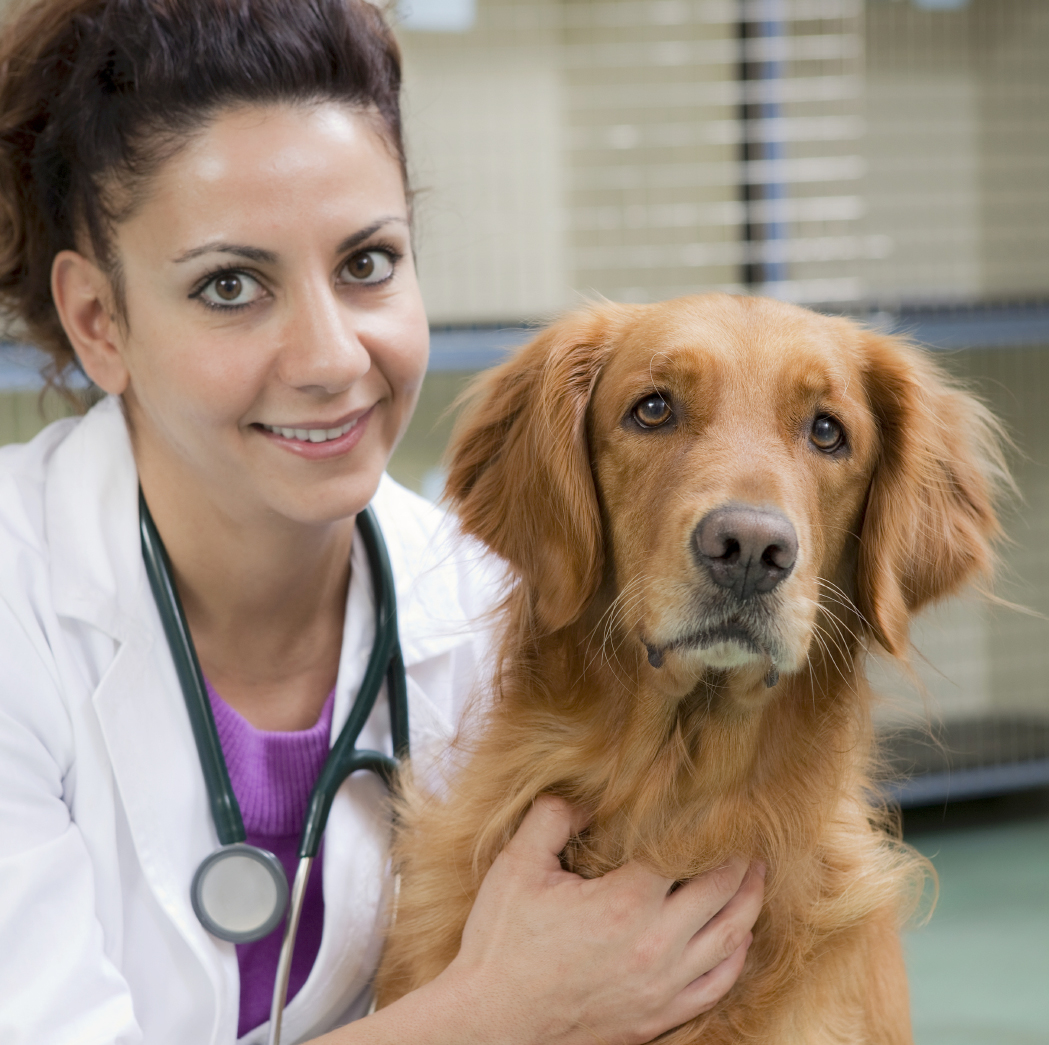
17/05/18 Cardiovascular Disease Risk Varies by Birth Month in Canines
The canine heart is a robust physiological model for the human heart. Recently, birth month associations have been reported and replicated in humans using clinical health records. While animals respond readily to their environment in the wild, a systematic investigation of birth season dependencies among pets and specifically canines remains lacking. Findings indicate that acquired cardiovascular disease among canines, especially those that are not predisposed to cardiovascular disease, appears birth season dependent. Studying birth season effects in model organisms can help to elucidate potential mechanisms behind the reported associations.
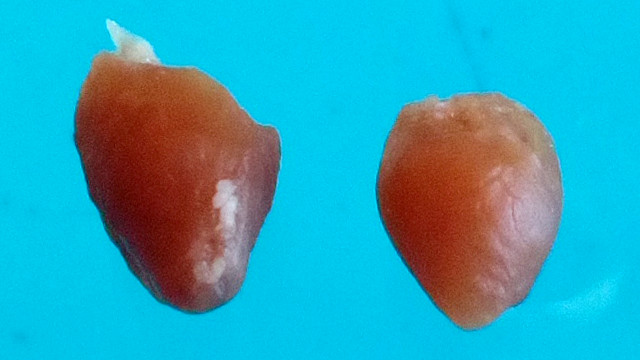
02/05/18 Study Explains How Newborn Mice Can Regrow Damaged Hearts
Newborn mice are able to repair damaged heart tissue better than animals injured just a few days later in their lives. What accounts for this regenerative capacity, and exactly when and why it disappears, have been unanswered questions. A report in Science Advances posits that the extracellular matrix gets in the way of heart tissue renewal. The investigators also found that scarring was minimal in mice injured on their first day of life, but damage occurring after that, even just a day later, led to large fibrotic scars.
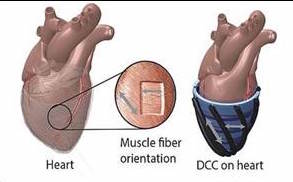
19/01/17 Robotic sleeve 'hugs' failing hearts
Scientists have developed a robotic sleeve that can help hearts pump when they are failing. The sleeve - made of material that mimics heart muscle - hugs the outside of the heart and squeezes it, mimicking the action of cardiac muscle. The early study, published in Science Translational Medicine, shows the concept works on pig hearts. The British Heart Foundation describes it as a "novel approach" that requires further trials.
http://www.bbc.co.uk/news/health-38651596
http://www.sciencemag.org/news/2017/01/heart-hugging-device-could-help-keep-beat
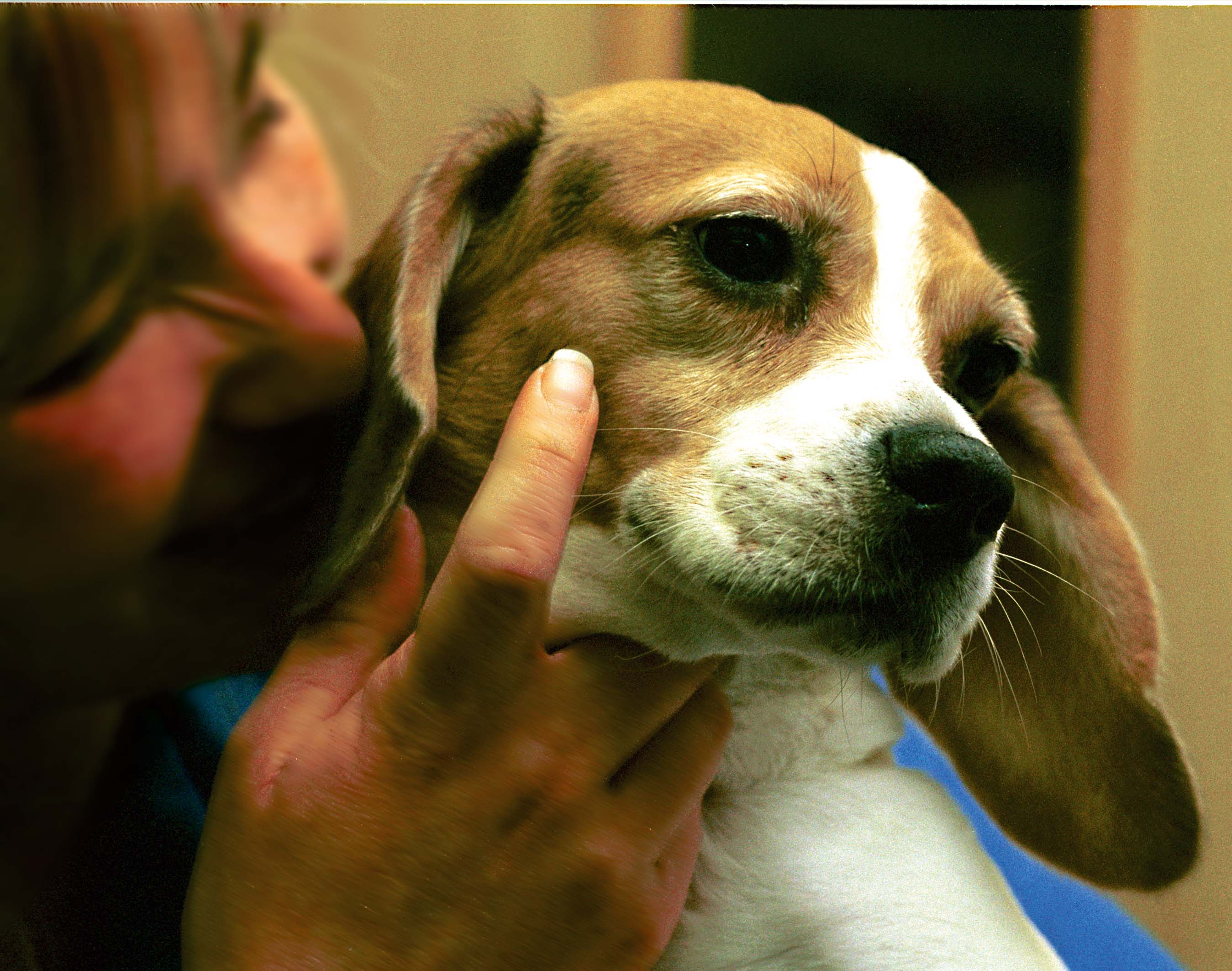
06/05/16 Drug rampamycin can improve the heart functionality of dogs
Scientists at the University of Washington have found a drug, rampamycin, can improve the heart functionality of dogs. In mice it has been found to extend their lives by 13%. It is currently unknown what the effects on human life expectancy would be. "Rapamycin is already used in transplant patients to prevent organ rejection and several years ago, and scientists in the journal Neuroscience said it can improve learning and help treat cognitive decline."
http://www.dailymail.co.uk/…/Could-miracle-drug-extend-life…
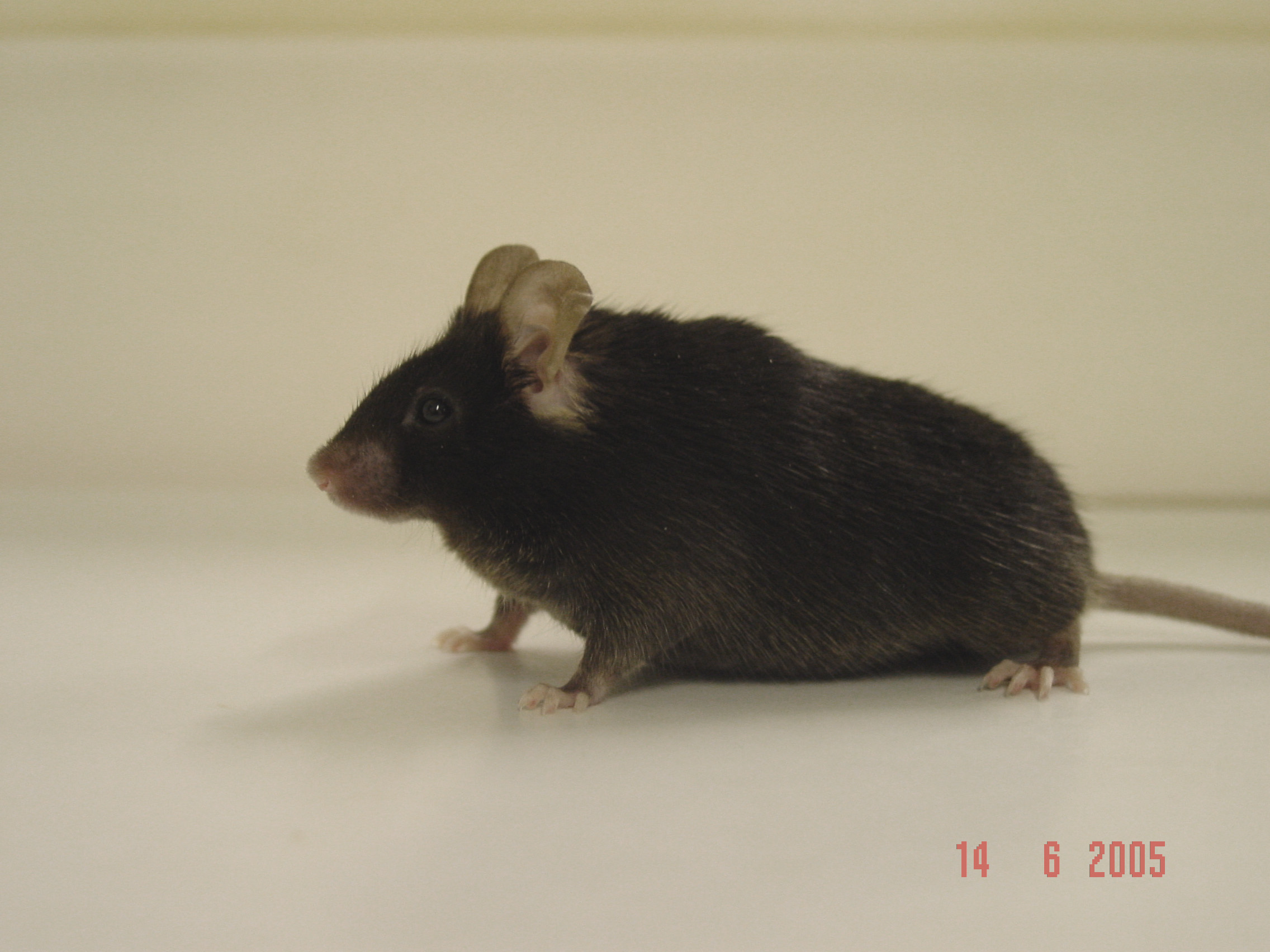
20/08/15 Good cholesterol gets even better
The molecule that removes cholesterol from arteries could have another protective effect in heart disease: curbing inflammation. High-density lipoprotein (HDL; known as the 'good cholesterol') transports fat from blood-vessel walls to the liver for excretion. But it also carries the fatty signalling molecule S1P, which activates the anti-inflammatory receptor S1P1.
doi:10.1038/524269c http://stke.sciencemag.org/content/8/389/ra79
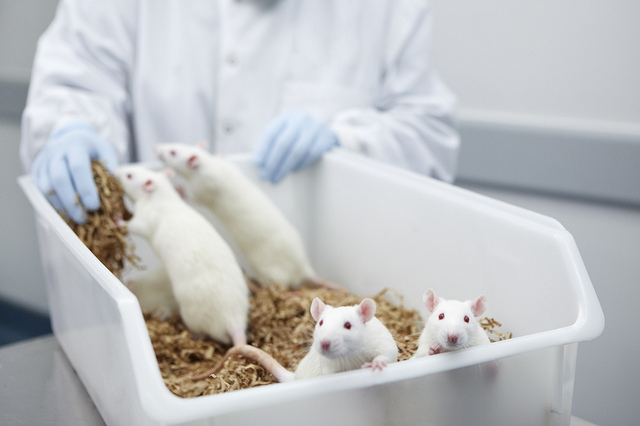
11/06/15 Heartburn drug could increase heart attack risk
Heartburn drug could increase heart attack risk. Proton pump inhibitors (PPI) are one of the commonly prescribed drugs – around 8 million prescriptions in the UK each year plus over the counter sales - but it increases by 16-21% the risk of heart attacks. However, the study could not definitively prove the drugs were causing the heart attacks; it could be that the patients taking the drugs are simply sicker and more likely to get a heart attack. PPI drugs work by blocking the actions of cells called proton pumps, which produce stomach acid and animal studies and cell cultures showed that PPIs led to a drop in the level of nitric oxide, causing vessels to narrow and inflame.
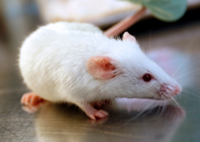
20/05/15 stem cell injection improves heart function in mice
Researchers from Imperial College London showed that an injection of stem cells into a mouse with heart damage showed improved heart function, despite most of the donor cells not remaining in the heart. Researchers will now be interested to find out if humans have similar heart stem cells that act in a similar way.
http://www.nhs.uk/…/Stem-cells-could-provide-a-treatment%20…
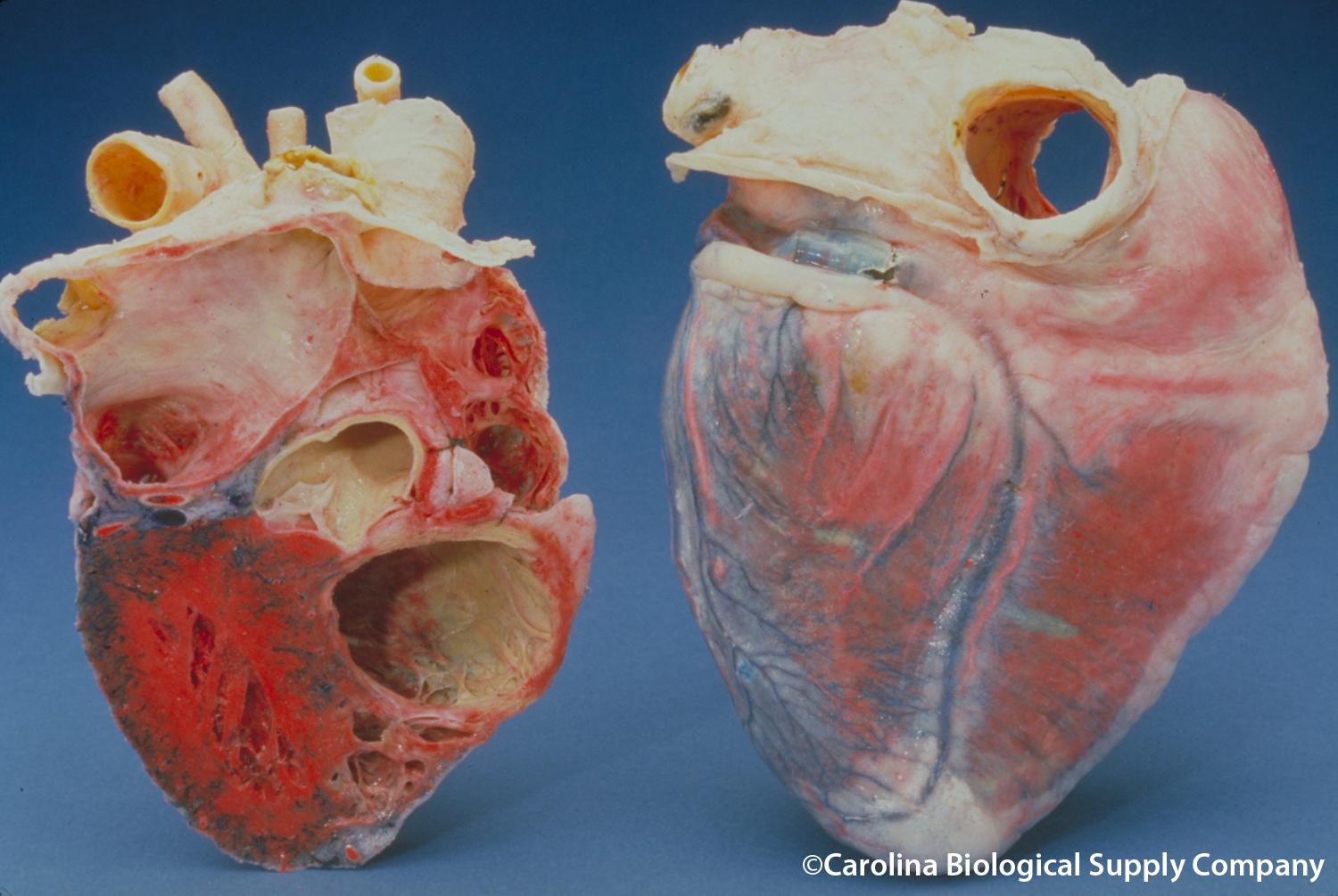
07/04/15 Heart muscle cells regrown, thanks to research in mice
Heart muscle cells regrown in medical breakthrough, thanks to research in mice. Unlike salamanders, humans cannot regenerate parts of their bodies when they get damaged – making heart attacks hard to recover form. But scientists have discovered a way to stimulate heart muscle cells to multiply in mice – the stimulation of a signalling system driven by the hormone neuregulin in the heart allowed the heart muscle cells to divide once again. Triggering the neuregulin pathway following a heart attack in the mice lead to replacement of lost muscle, restoring the heart.
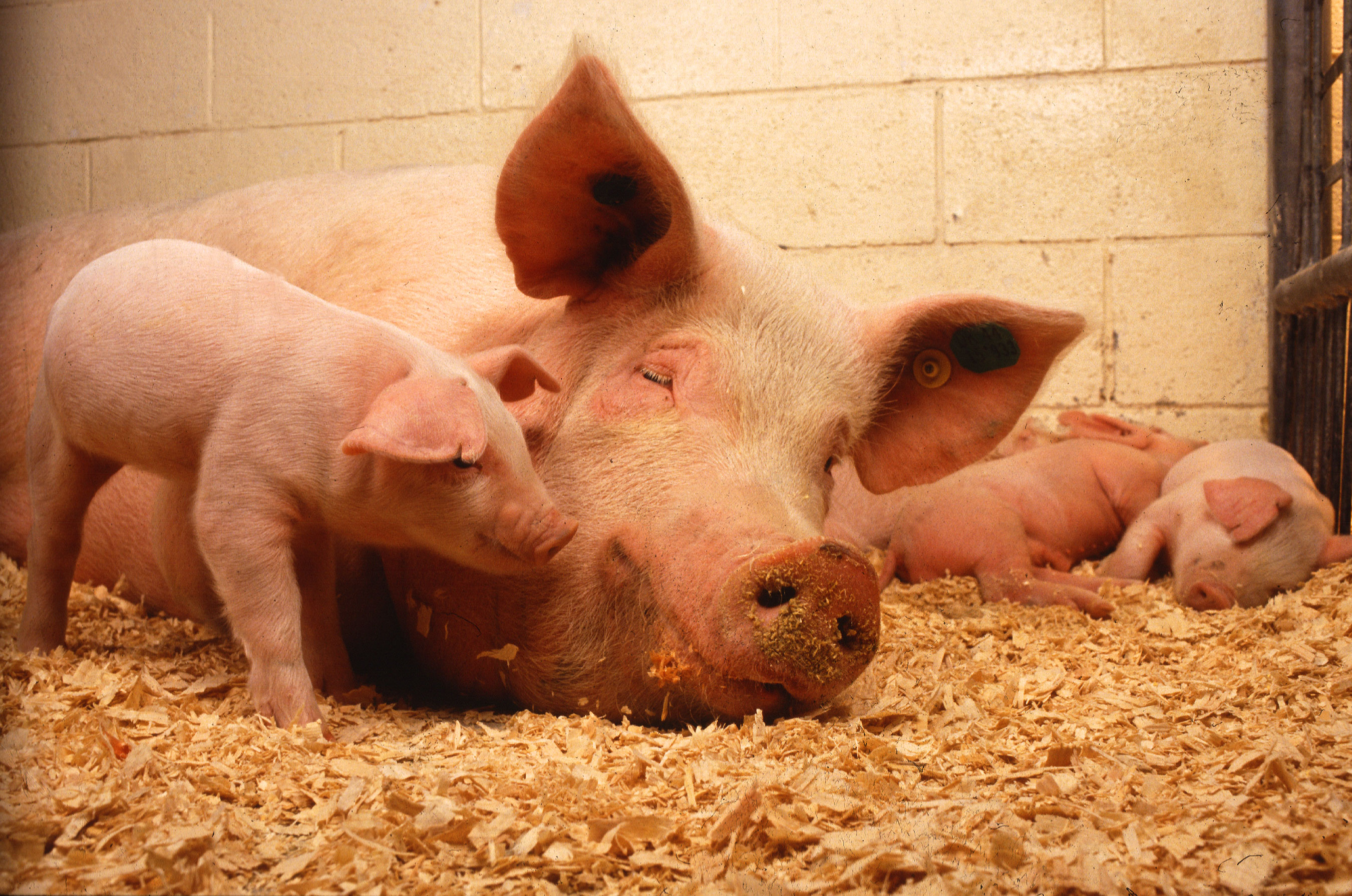
03/11/14 Surgical device for heart defects in children successfully trialled in pigs
A tiny surgical device that could be used to treat a heart defect in children has been successfully trialed in pigs. The device is a long flexible tube with cutting teeth at the end that is inserted through the neck into the jugular vein and passed into the heart to cut a small hole in the wall between the two upper chambers. Surgeons use external ultrasound images to guide it to the heart, and switched on the cutting teeth remotely. Currently many operations of this kind require cutting open a child’s chest and ribs to access the heart.
Last edited: 13 September 2018 11:43
